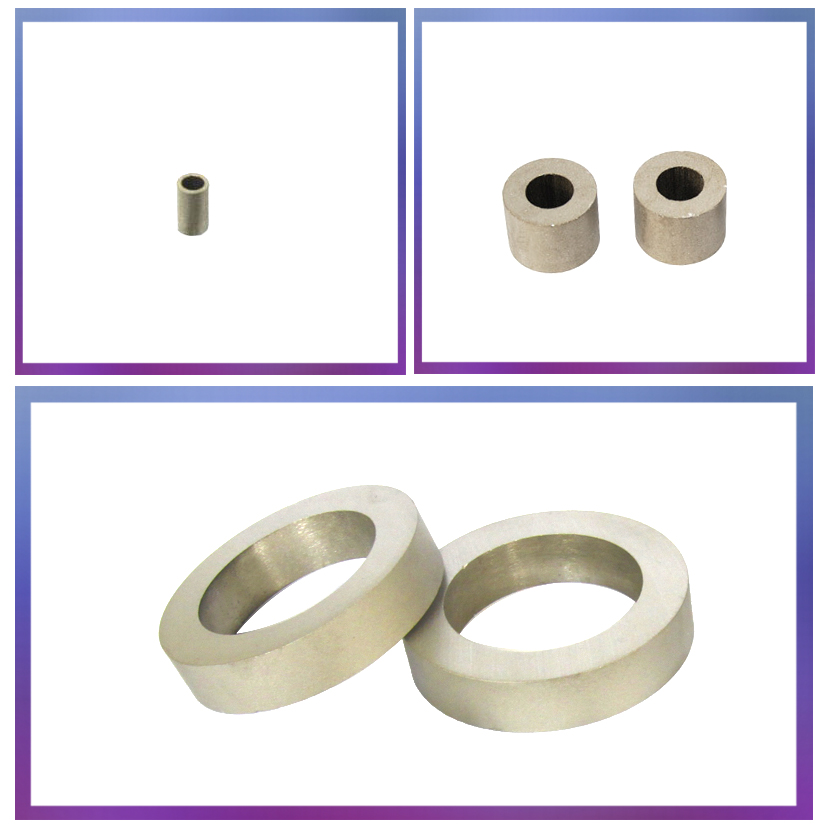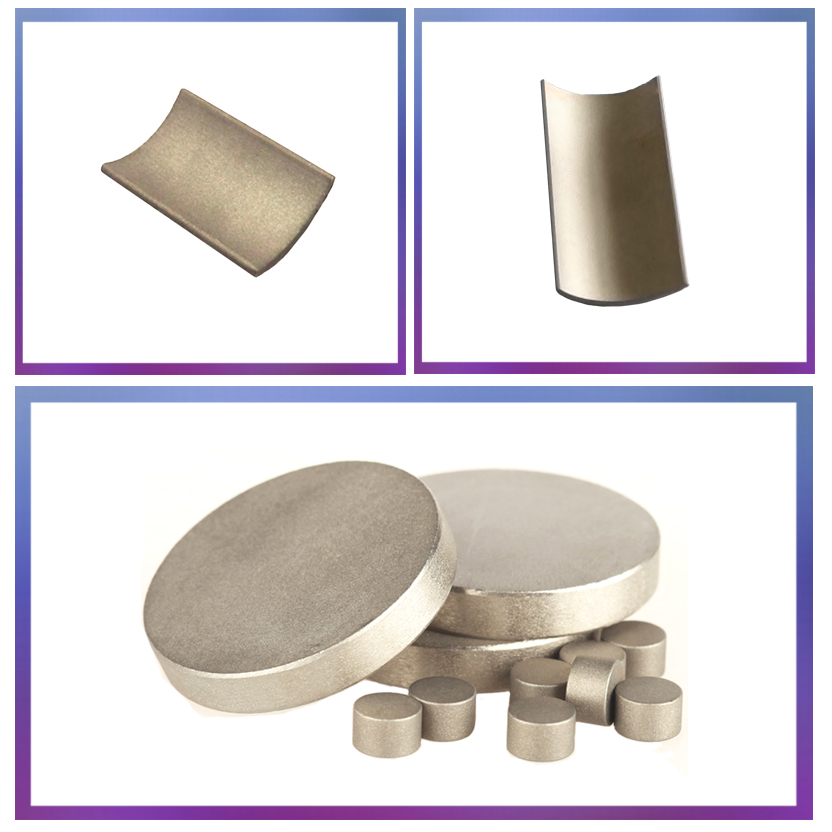According to Bloomberg, the Chinese government is considering raising the shareholding limit of foreign capital in joint venture automobile manufacturing enterprises. For overseas automakers, the relaxation of this policy will make it more confident in competition with Chinese state-owned companies and local brands.
Xu Shaoshi, director of the National Development and Reform Commission, said at the Summer World Economic Forum in Davos in Tianjin that the government is considering raising the 50% foreign shareholding cap. Since 1994, China has required overseas automakers to establish joint ventures with local partners to invest in factories in China, and the shareholding ratio in joint ventures must not exceed 50%.
Li Shufu, Chairman of Zhejiang Geely Holding Group, is one of the people who support overseas automakers to control their business in China. He said that this move is conducive to stimulating competition and then benefiting consumers.
The China Association of Automobile Manufacturers (CAAM) is opposed to this. The agency warned in 2014 that if overseas automakers are allowed to be more independent in their cooperation with their local partners, the development of China's own auto brands will be “killed in the cradleâ€.
In recent years, China's independent automobile brands have continued to increase their market share in the domestic passenger vehicle market, and their sales volume has reached a new high for five years in 2015. Strong demand for low-cost SUV models is considered to be an important reason.
At present, China is the world's largest auto market. In the past 10 months, the overall delivery volume of the Chinese automotive industry has increased for nine consecutive months. During this period, the policy of halving the purchase tax of 1.6 liters and below issued in October last year was considered to have played a catalytic role. However, data from the China Automobile Dealers Association show that the industry's inventory levels remain above the “health line†for nine consecutive months.
For a long time, overseas automakers wishing to build factories in China must achieve this through joint ventures with local companies. For example, Volkswagen has established joint ventures with FAW Group and SAIC. Ford Motor has cooperated with Changan Automobile, which is headquartered in Chongqing. Hyundai Motor and BAIC have joint ventures. Nissan has partnered with Dongfeng Motor Group in Wuhan, Hubei.
Earlier this year, Tesla confirmed that it would build a plant in China, but the current site selection and joint venture targets have not yet been determined. There have been rumors that the Pudong Jinqiao Export Processing Zone in Shanghai may become the location of its production base. However, this news was immediately denied by Tesla and Pudong Jinqiao. In addition to Shanghai, Suzhou, Hefei and Chongqing have also appeared in similar rumors.
Samarium Cobalt magnets are divided into 2 sort, SmCo5 & Sm2Co17, magnetization from axial direction or dia direction are both available, compared with SmCo5, Sm2Co17 magnets have reduced expensive samarium while the magnetism is rising, moreover, its`reversible temperature coefficient is also better than SmCo5 .For working temperature of SmCo magnet is up to 350℃,thus, its` chemical stability and BH use ratio are better than NdFeB in high temperature environment hence it is widely applied on AC servo motor, operator, industrial motor, sensor, aerospace and military areas,like cup magnet,round base magnet.


Smco Magnet,Strong Smco Magnet,Permanent Smco Magnet,Smco Magnet Disc,Irregular Smco Magnet,Smco Magnet Block,Cup Magnet,Round Base Magnet
NINGBO SHINE MAGENETIC TECHNOLOGY CO.,LTD , https://www.shinemagnets.com